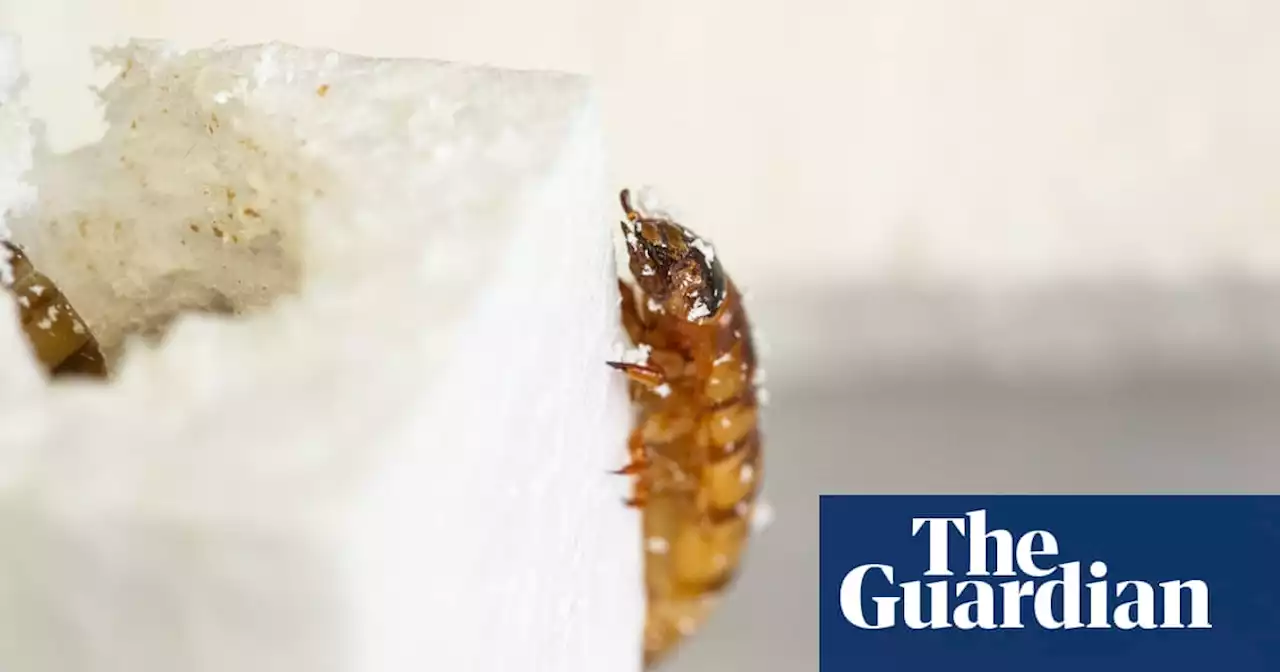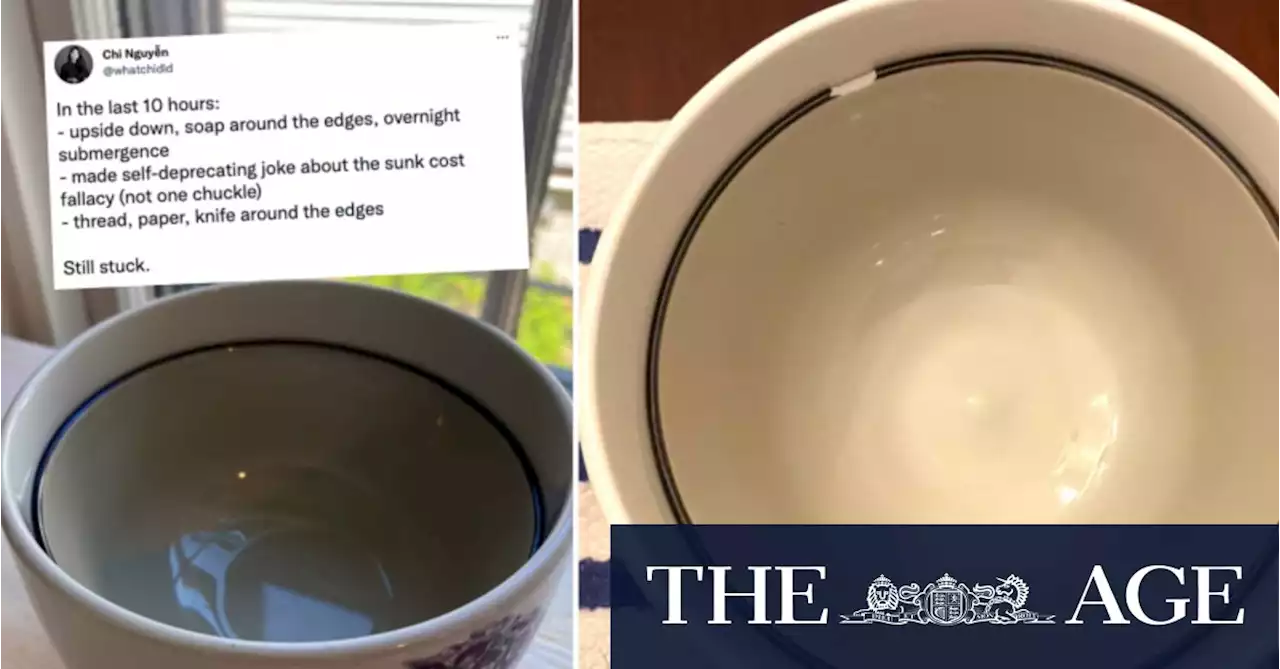Joanne Howarth is on a mission to introduce a sustainable alternative with packs made from wool at her humble warehouse in Sydney’s western suburbs.
Howarth could understand the customers’ frustrations; she was dealing with similar clutter problems at the meal-kit warehouse.
The wool industry isn’t devoid of its own environmental issues, but so far, Howarth has found an enthusiastic audience for her “Woolpack” product; more than 300 customers have signed up, including some big names like supplements’ producer Blackmores. Rather than source the merino wool that Australia is famous for, Planet Protector uses wool from sheep breeds such as Dorpers and Awassi, which were bred to withstand extremes of temperature.
“It has always been my mission to bring that home. You know, we’re a wool country,” she says. “I thought ‘I need to lobby the government’.” “So when you factor in those things, and two, a big one that a lot of people don’t know about, is polystyrene is highly flammable, it’s deemed a dangerous good. So, when businesses are paying their insurance, the insurance is loaded by as much as 45 per cent.
This year the bans will spread to the sort of polystyrene cups and “clam-shell” containers used to package fast food in decades gone by.Foamex general manager Justin Kelsey says manufacturers will find it increasingly difficult to produce the polystyrene products that can’t easily be substituted, such as those for the construction industry, if product lines such as cups are banned.
Kelsey says the polystyrene industry’s environmental impact could be reduced dramatically if consumers and governments join with manufacturers and get serious about recycling. “I understand that they’re big employers, they pay lots of taxes, they generate jobs, like all of those things, and you know, it’s not like you can wipe out a whole industry overnight,” she says.
Australia Latest News, Australia Headlines
Similar News:You can also read news stories similar to this one that we have collected from other news sources.
 Foaming at the mouth: the superworms making a meal of polystyrene wasteNew research shows the gut of the Zophobas morio beetle larvae contains enzymes capable of breaking down the plastic, which is difficult to recycle
Foaming at the mouth: the superworms making a meal of polystyrene wasteNew research shows the gut of the Zophobas morio beetle larvae contains enzymes capable of breaking down the plastic, which is difficult to recycle
Read more »
 'Superworms' to the rescue? These beetle larvae can survive on styrofoam aloneBeetle larvae that can break down polystyrene could yield enzymes useful in recycling plastics, researchers say — but others are not convinced.
'Superworms' to the rescue? These beetle larvae can survive on styrofoam aloneBeetle larvae that can break down polystyrene could yield enzymes useful in recycling plastics, researchers say — but others are not convinced.
Read more »
 Labor urged to add polystyrene tax to plastics planA packaging disrupter has urged the Labor government to step up a plastic policy that will only this year ban the burger ‘clam shells’ axed by McDonalds in 1991.
Labor urged to add polystyrene tax to plastics planA packaging disrupter has urged the Labor government to step up a plastic policy that will only this year ban the burger ‘clam shells’ axed by McDonalds in 1991.
Read more »
 How would you separate these bowls? The question that grabbed the internetNew York-based artist Chi Nguyen, after many attempts to separate two bowls that had become stuck together, pleaded for help on social media. Who cares, right? Well, many, many people, apparently. Her post was retweeted 30,000 times in a day
How would you separate these bowls? The question that grabbed the internetNew York-based artist Chi Nguyen, after many attempts to separate two bowls that had become stuck together, pleaded for help on social media. Who cares, right? Well, many, many people, apparently. Her post was retweeted 30,000 times in a day
Read more »
 The new apps to learn a second language (or sixth, like this guy)Digital apps such as Duolingo and Mondly have helped drive a surge in language learning, which threatens to disrupt a range of industries.
The new apps to learn a second language (or sixth, like this guy)Digital apps such as Duolingo and Mondly have helped drive a surge in language learning, which threatens to disrupt a range of industries.
Read more »
 Macquarie seeks to ‘disrupt’ by paying up for transaction accountsMacquarie’s banking arm will launch an attempt to expand its share of the transaction account market by lifting its interest rate from 0.2 per cent to 1.5 per cent. | Clancy Yeates
Macquarie seeks to ‘disrupt’ by paying up for transaction accountsMacquarie’s banking arm will launch an attempt to expand its share of the transaction account market by lifting its interest rate from 0.2 per cent to 1.5 per cent. | Clancy Yeates
Read more »
